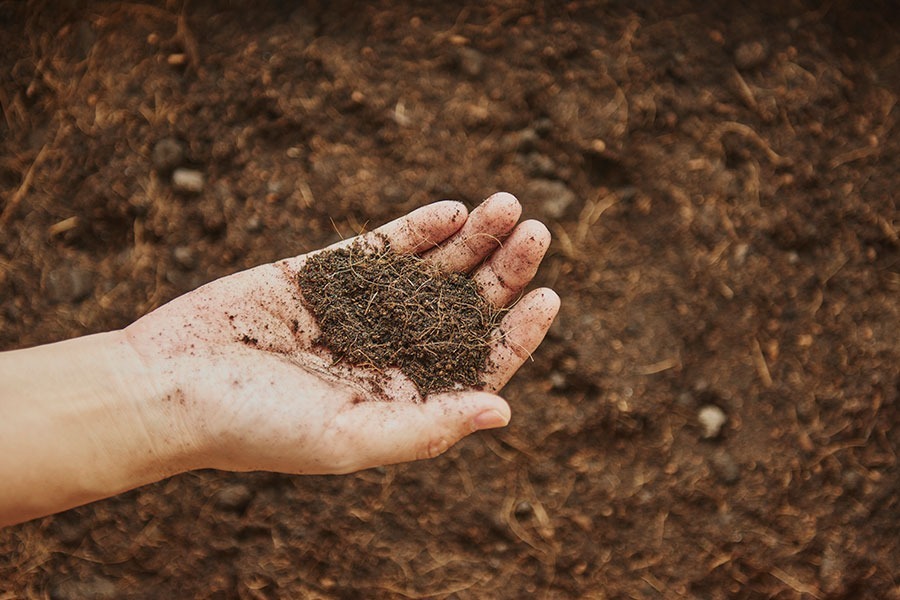- The BioBennu project is one of the 12 winning proposals of the "Challenges for Post-Fire Recovery 2023" competition, organized by the Ministry of Science and ANID, and is led by USM professors Marcela Carvajal and Francisco Cereceda.
An innovative technique to accelerate the restoration of soils devastated by wildfires is the goal of the project "BioBennu: Bioformulation based on native microorganisms and adjuvants to improve the physical-chemical and biological damage of soils in forest ecosystems affected by large wildfires." The proposal is headed by Dr. Marcela Carvajal, associate researcher at the Center for Biotechnology (CB-DAL) of the Federico Santa María Technical University, and Dr. Francisco Cereceda, director of the Center for Environmental Technologies (CETAM) at the same institution.
The project is one of the 12 winning proposals of the "Challenges for Post-Fire Recovery 2023" competition, organized by Chile's Ministry of Science, Technology, Knowledge, and Innovation and the National Research and Development Agency (ANID). It is supported by the National Forestry Corporation (CONAF) as an associated institution, along with international collaboration from leading experts such as Dr. Hans Moosmüller and Dr. Vera Samburova, both from the Desert Research Institute (DRI) in Nevada, USA, and the Wild Tree Ecological Network.
"Understanding the behavior of microbial communities before and after a fire will establish the basis for designing one or more bioproducts based on microbiological functionality, with the ultimate goal of restoring the ecosystem functions of degraded soils and thus promoting successful reforestation," explains Dr. Carvajal, who is also a researcher at the USM's Department of Chemistry.
Although reforestation techniques are not new in this scientific discipline, experts point out that the heat generated during a wildfire drastically reduces microbial populations, which can completely sterilize the topsoil in extreme cases—particularly fungi, which are especially vulnerable to heat, even more so than bacteria and actinomycetes. As a result, the slow regeneration of vegetation in affected areas leads to soils that are prone to rapid erosion, making reforestation a costly process that must cover large areas, which is economically unfeasible in most cases.
"This project is vitally important because it seeks to develop strategies to accelerate the restoration of soils degraded by wildfires through the reactivation of microbial communities, which in turn also improves soil permeability, facilitating the establishment of new vegetation cover and reducing erosion," explains Dr. Cereceda, who is also a full professor at the USM's Department of Chemistry. He references the catastrophic mega-fire that affected the Valparaíso Region in early 2024, calling it "a wake-up call for the need to actively intervene in the recovery of affected soils and ecosystems."
In this regard, specialists affirm that this project will make an extremely relevant contribution to the restoration process of the nearly 10,000 hectares affected by the fire. Additionally, its impact extends beyond the national level, as the results and bioproduct could be applied in other countries where wildfires are a constant threat, such as Mediterranean Europe, the United States, Australia, or Brazil.







Comentarios (0)
No hay comentarios aún. ¡Sé el primero en comentar!
Deja un comentario